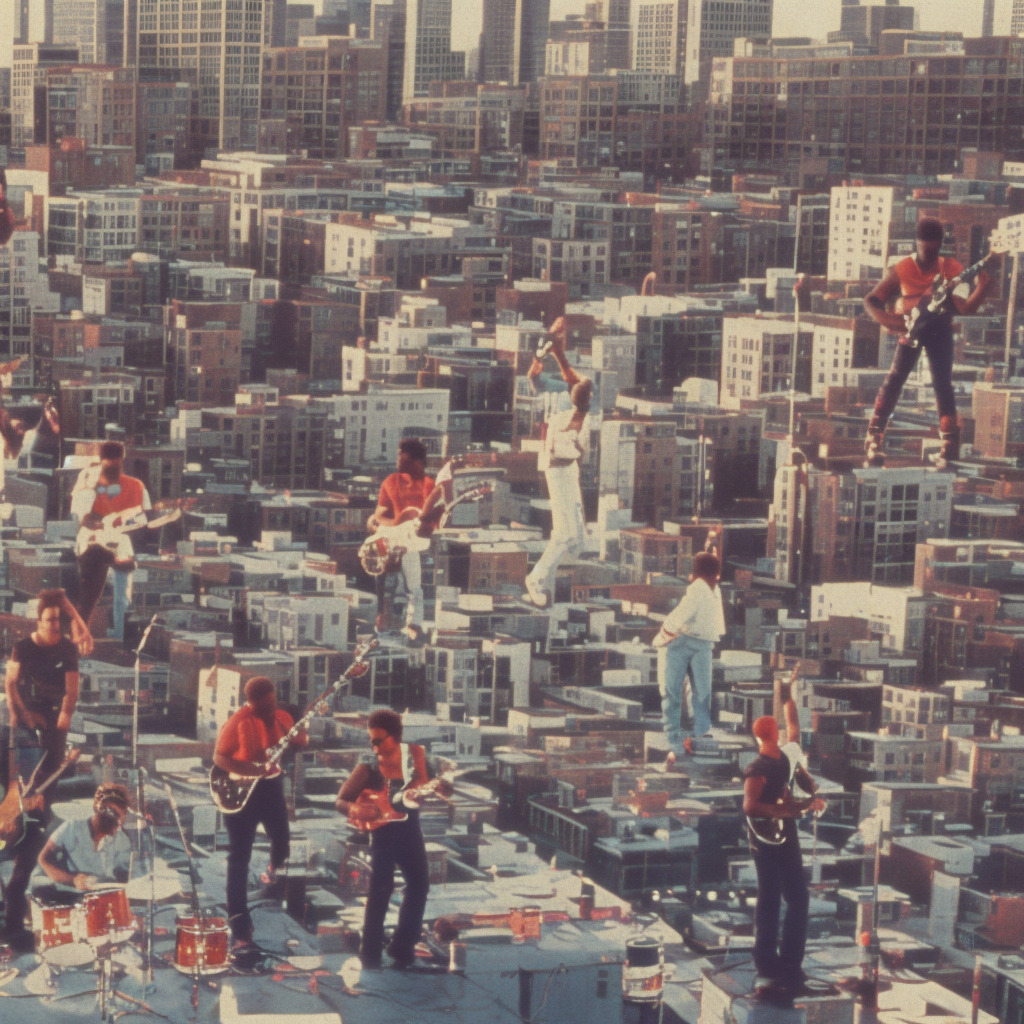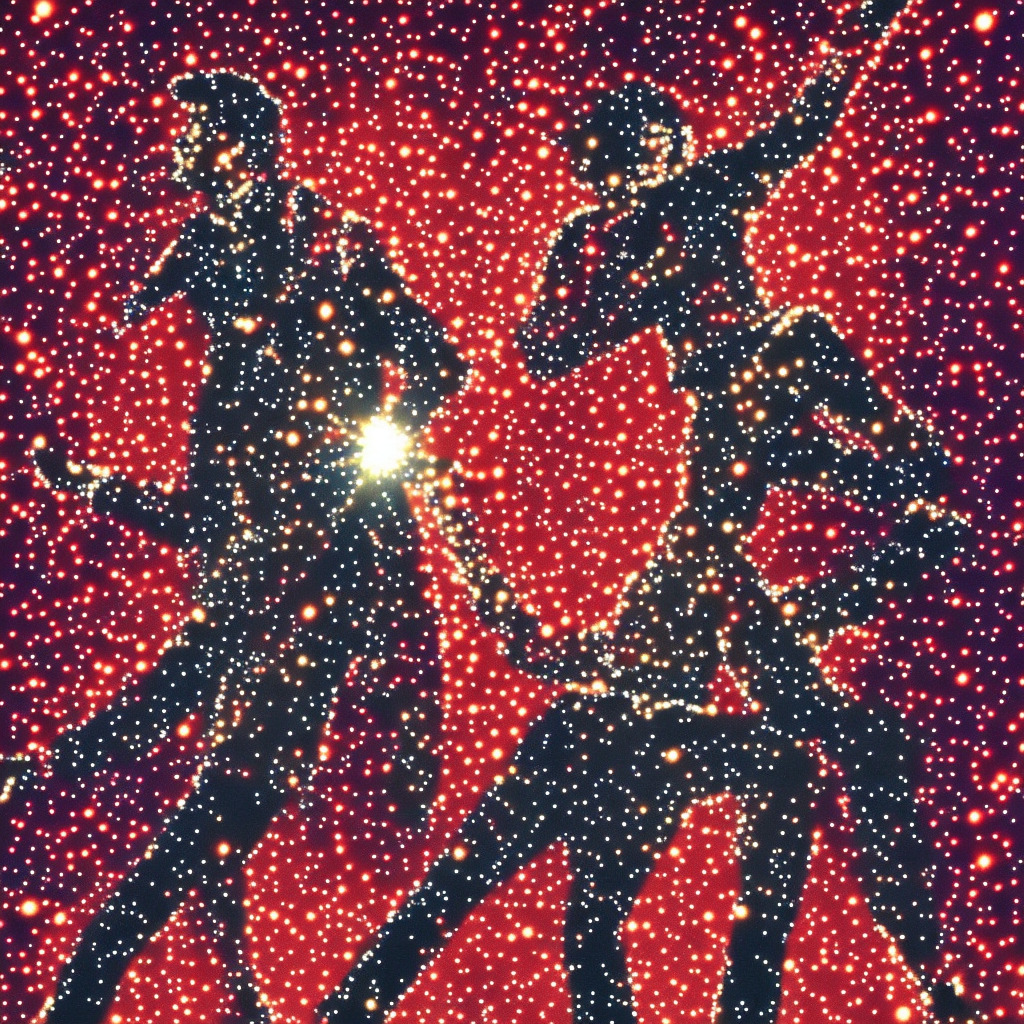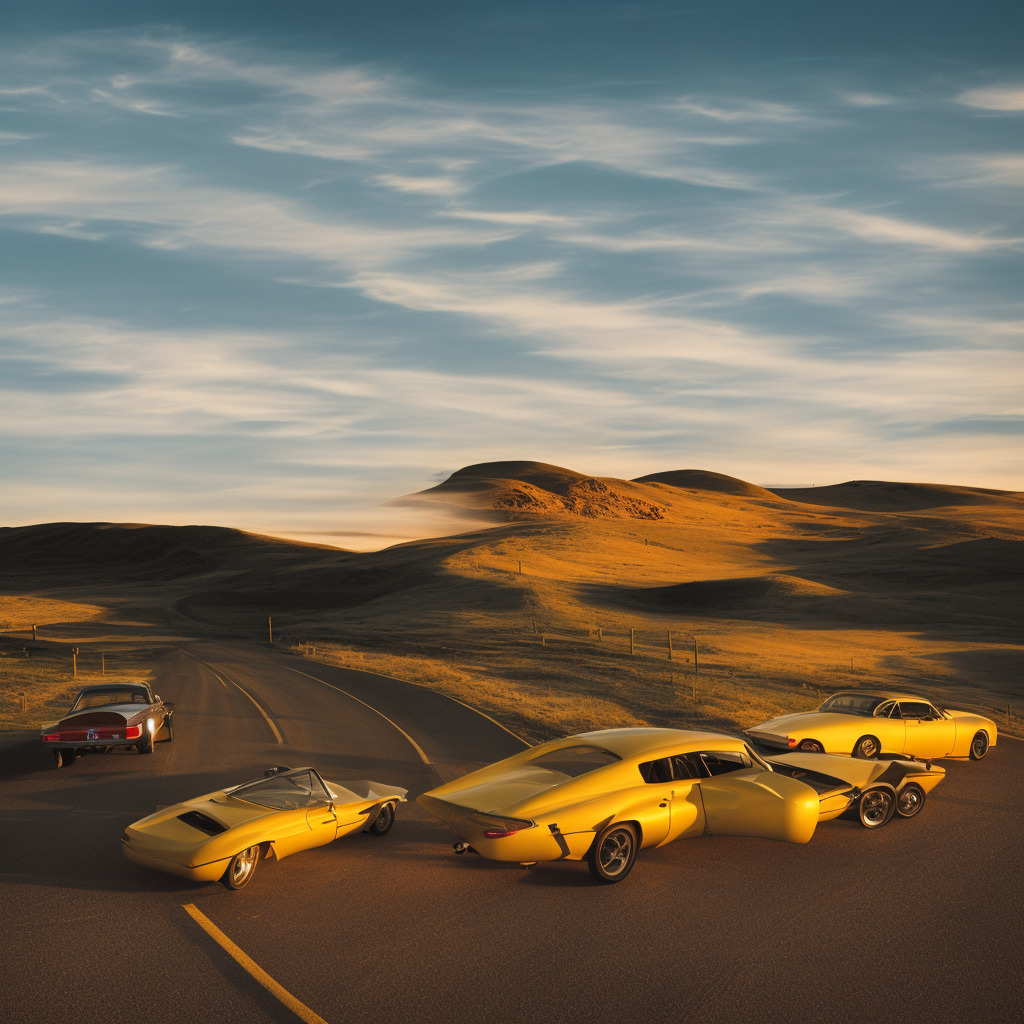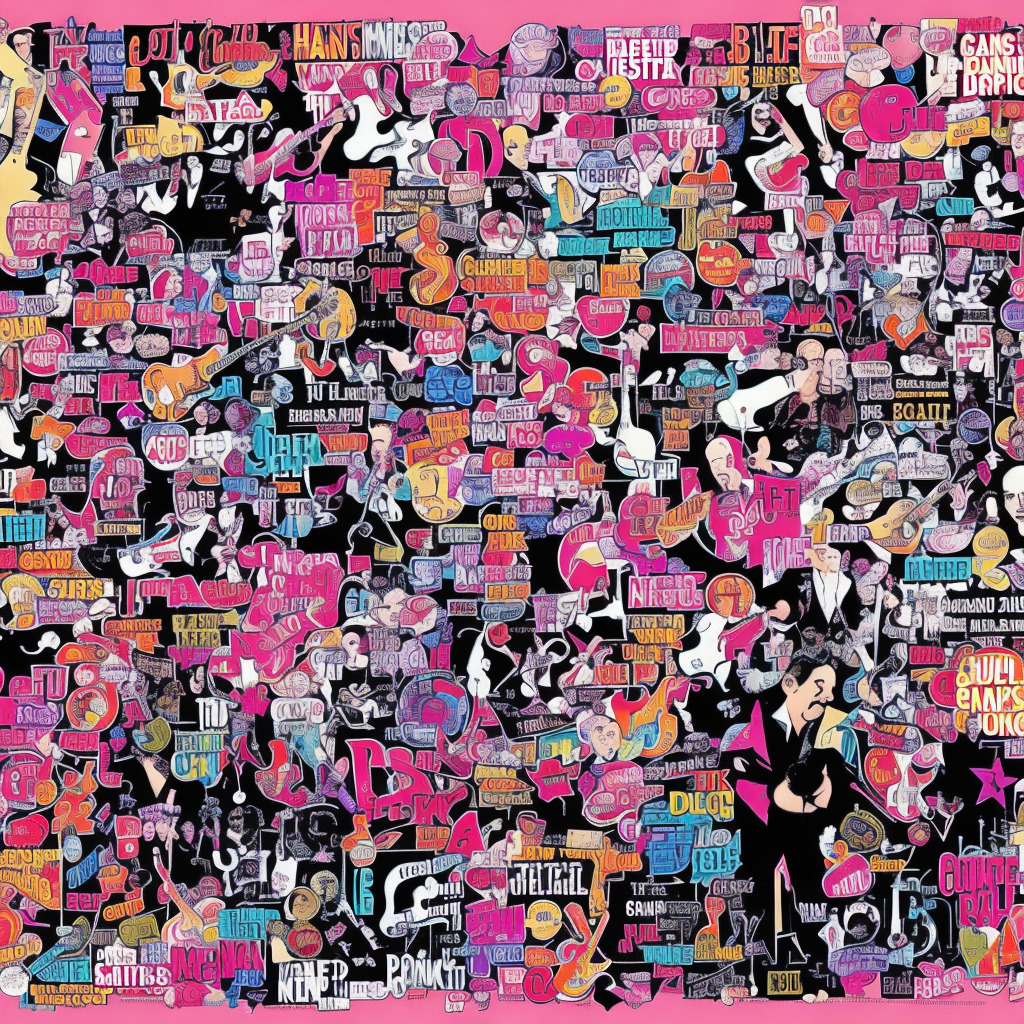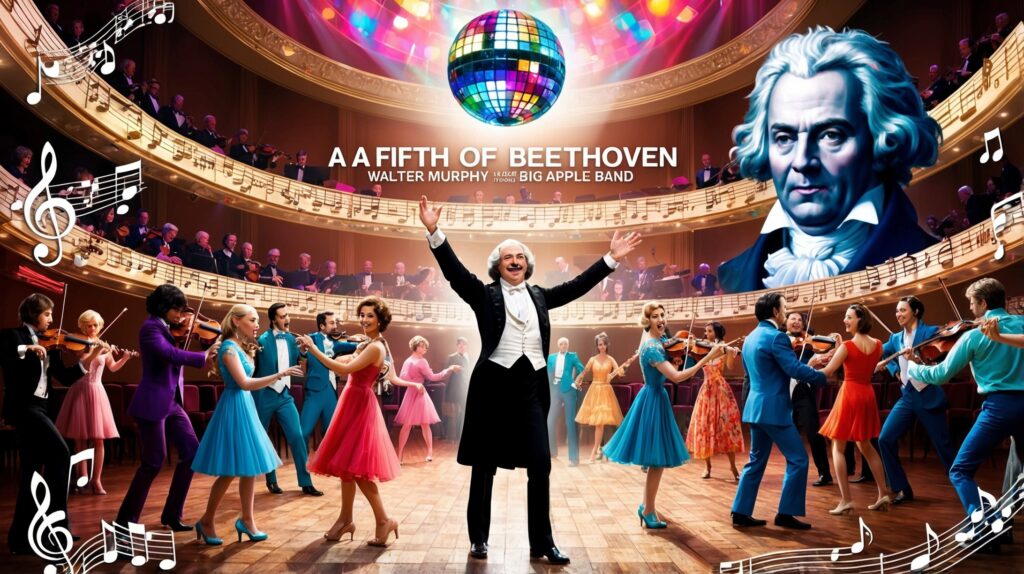A Symphony of Stars: Diving into John Williams’ Iconic Star Wars Score
John Williams, a legendary composer and conductor, has left an indelible mark on the music industry through his numerous and remarkable film scores. With a career spanning over six decades, Williams has created iconic scores for some of Hollywood’s biggest blockbusters, including Jaws, Superman, Indiana Jones, and, of course, Star Wars.
The original Star Wars trilogy, released between 1977 and 1983, introduced us to the sweeping and unforgettable score that has since become synonymous with the franchise. The beauty of Williams’ composition lies in its ability to evoke powerful emotions and transport the listener to a galaxy far, far away. Each character, from Darth Vader to Luke Skywalker, is given their own unique musical theme that perfectly encapsulates their personalities and story arcs.
One of the most famous themes in the Star Wars score is “The Imperial March,” also known as Darth Vader’s theme. This dark, foreboding, and instantly recognizable piece of music has come to represent the menacing presence of the Empire, led by the enigmatic and powerful Sith Lord. In contrast, “The Throne Room,” a triumphant and uplifting piece, celebrates the heroics of the Rebel Alliance, led by characters like Princess Leia and Luke Skywalker.
Throughout his illustrious career, John Williams has won an astounding five Academy Awards, four Golden Globe Awards, and twenty-five Grammy Awards. His music for Star Wars alone has garnered him numerous accolades, including an Academy Award for Best Original Score for the first film in the series, Star Wars: Episode IV – A New Hope. In addition to his individual achievements, the Star Wars score has also been inducted into the National Recording Registry by the Library of Congress for being “culturally, historically, or aesthetically significant.”
While some critics argue that Williams’ later work on the Star Wars prequel and sequel trilogies lacks the same magic and impact as the original score, there is no denying the lasting legacy he has created for the franchise. His music has transcended generations and continues to inspire new fans and musicians alike.
In conclusion, John Williams’ masterful Star Wars score has become an integral part of the franchise’s identity, weaving together rich character themes and epic storytelling. The iconic melodies and memorable motifs not only reflect the emotional depth and scale of the films but have also made an indelible impact on the history of music in cinema. With an unmistakable signature style and a deep passion for storytelling, John Williams has undoubtedly earned his place among the best composers of our time.
The Force of Chart Success: “Star Wars Score” by John Williams
The “Star Wars Main Theme,” composed by the legendary John Williams, became an iconic piece of music for generations of fans since its release. Initially composed for the 1977 film Star Wars: Episode IV – A New Hope, the theme garnered immense popularity and chart success. According to the Billboard Hot 100, the song made its entry onto the chart at an impressive #62 during the week of July 2, 1977. The force was indeed strong with this one, as it continued to rise in popularity and peak at an astounding #10 on August 6, 1977.
John Williams’ “Star Wars Main Theme” spent a total of 14 weeks on the chart, ensuring its place in the hearts of music lovers as well as cementing itself in pop culture history. Furthermore, the American Film Institute (AFI) ranked the “Star Wars Main Theme” as the greatest film score of all time. This speaks volumes about the impact and significance that this composition has had, not only within the realm of film music but for the industry as a whole.
The chart success of the “Star Wars Main Theme” is merely one aspect of the larger Star Wars universe created by George Lucas. Over the years, John Williams continued to compose for Star Wars, and his music remains an essential part of this ongoing saga. This epic score will undoubtedly be remembered and celebrated for many years to come, as it continues to evoke the sense of adventure, heroism, and excitement that the Star Wars franchise so masterfully captures.
The Maestro Behind the Music: John Williams
When it comes to iconic film scores, John Williams is undoubtedly the undisputed king. With a career spanning over six decades, this prolific composer has gifted us with some of the most memorable and heart-stirring tunes in cinematic history. While the “Star Wars Score” is undeniably his magnum opus, Williams has also composed other notable masterpieces such as the unforgettable themes for “Jurassic Park,” “E.T. the Extra-Terrestrial,” “Indiana Jones,” and “Jaws,” among countless others. His ability to evoke emotions and create immersive auditory experiences has earned him an impressive 25 Grammy Awards, 5 Academy Awards, and even a Kennedy Center Honor. In short, John Williams’s unparalleled talent and unparalleled contributions to the world of music are the very definition of legendary.
A Legacy of Awards and Accolades
Over the years, John Williams’ remarkable work on the “Star Wars Score” has not only captured the hearts of millions of fans but has also garnered significant recognition from the music and film industry. The iconic score has received numerous awards and accolades, including an Academy Award for Best Original Score in 1978. Additionally, Williams’ “Star Wars Main Theme” topped the AFI’s (American Film Institute) list of the Greatest Film Scores of All Time, further solidifying its status as an enduring masterpiece. The score also received a Grammy Award for Best Album of Original Score for a Motion Picture or Television Show in 1978, with the main theme winning Best Instrumental Composition.
Cultural Impact: Film, TV, and Beyond
The “Star Wars Score” has been an integral part of pop culture since its inception, with its sweeping orchestral arrangements and memorable themes appearing in various forms of media. From its significant role in setting the tone for the entire Star Wars film series to its inclusion in numerous TV shows, the score has made a lasting impact. The music has also found its way into the realm of video games, with several Star Wars games featuring adaptations of the score to enhance the gaming experience. Not only has the score resonated through multiple media platforms, but it has also inspired countless musicians to produce their own renditions and covers. These range from full orchestral performances by renowned ensembles like the London Symphony Orchestra to unique interpretations by artists from diverse genres, such as heavy metal covers by Galactic Empire and electronica remixes by Meco.
The Visual Journey of the “Star Wars Score”
Though there isn’t an official music video for John Williams’ iconic “Star Wars Score,” the visual impact of his music is undeniable. Williams’ composition has become synonymous with the entire Star Wars universe, and over the years, fans and creators alike have paid tribute to the score through a variety of visual interpretations.
One notable fan video that captures the essence of the “Star Wars Score” is the “Star Wars – John Williams – Duel of the Fates” video by YouTuber VideoMusicProduction. This fan video features an epic orchestral performance of the “Duel of the Fates” portion of the score, set against a backdrop of clips from various Star Wars films. The video masterfully synchronizes the music with the on-screen action, and the result is a stunning tribute to both the music and the film series.
Another noteworthy example is the “Star Wars Medley” video created by ThePianoGuys, who are known for their unique interpretations of popular music. In this video, they perform a piano and cello mash-up of John Williams’ “Star Wars” themes, accompanied by an entertaining and well-produced visual narrative that takes place in a galaxy far, far away.
For those interested in the production side of the “Star Wars Score,” there are several documentaries and behind-the-scenes videos that delve into the fascinating process of creating the music for the Star Wars films. One such example is the “Star Wars: The Force Awakens – Official Scoring Featurette” video. This behind-the-scenes look features John Williams himself discussing his approach to composing for the franchise, as well as footage of the amazing orchestra performing the score.
In addition to these fan creations and behind-the-scenes videos, there are countless other visual tributes to John Williams’ “Star Wars Score” on platforms like YouTube, TikTok, and Vimeo. These range from amateur fan videos to professional productions, showcasing the broad impact and appeal of Williams’ iconic music. The universal love for the “Star Wars Score” is a true testament to the lasting legacy of John Williams and his unparalleled contribution to the world of film music.
Dissecting the Lyricless Magic of “Star Wars Score”
Before we dive into the lyrics of “Star Wars Score” by John Williams, it should be mentioned that this iconic piece of music actually does not have any lyrics. However, this does not mean that it lacks depth and meaning. The absence of lyrics in the “Star Wars Score” only amplifies the power of its melody, allowing it to speak volumes without uttering a single word.
The “Star Wars Score” was composed by John Williams in 1977, at a time when the world was going through significant changes, both politically and socially. The Vietnam War had recently come to an end, and the United States was experiencing a period of disillusionment and introspection.
With this context in mind, the “Star Wars Score” can be seen as a reflection of the era’s desire for heroism, adventure, and a return to a more idealistic and romanticized past. The score is grand and sweeping, with its memorable and triumphant melody evoking a sense of hope, unity, and possibility. The music serves as the perfect backdrop for the epic space saga, capturing the essence of the timeless battle between good and evil. It is no wonder that this score has become an integral part of the Star Wars franchise and pop culture as a whole.
Although the “Star Wars Score” does not have lyrics, it still manages to convey a powerful message that speaks to the spirit of its time. Its enduring legacy is a testament to the ability of music to transcend language and communicate emotions, ideas, and stories in a way that resonates with people across generations and cultures. So, even without lyrics, the “Star Wars Score” has undoubtedly made its mark on the world of music and beyond.
A Deep Dive into the Musical Structure of “Star Wars Score”
The “Star Wars Score” by John Williams is a true masterpiece that has captivated audiences for decades. The main theme, also known as “Luke’s Theme,” is famously composed in the key of B-flat major. Williams employs a variety of orchestral instruments and a deep understanding of music theory to create a memorable and emotional experience. The theme begins with a triumphant brass fanfare, using the B-flat major chord followed by a G minor chord, which establishes the tonality and sets the stage for the epic journey ahead.
Digging deeper into the score, one can appreciate the brilliant use of leitmotifs, a technique where a recurring musical theme is associated with a particular character, idea, or situation. The tempo of the main theme is marked as Allegro, with a quarter note equaling 104 BPM (beats per minute), giving it an exciting and adventurous feel. A prominent feature of the composition is the use of both homophonic and polyphonic textures, creating a rich and layered listening experience. The orchestration utilizes a wide range of dynamics, from soft and mysterious string passages to booming percussion and brass sections, showcasing John Williams’ mastery in scoring for film. Listen closely, and you’ll notice the brilliant usage of counterpoint and harmony, as well as modulations to different keys that help evoke the various emotions and moods throughout the story.
🎶 Did you know? John Williams’ iconic “Star Wars Score” was inspired by 1940s film scores! A timeless masterpiece indeed! 🌟🚀 Listen as the force awakens within you! 💫 #StarWars #JohnWilliams #MovieTrivia #EpicMusic 🎼
Click to Tweet


